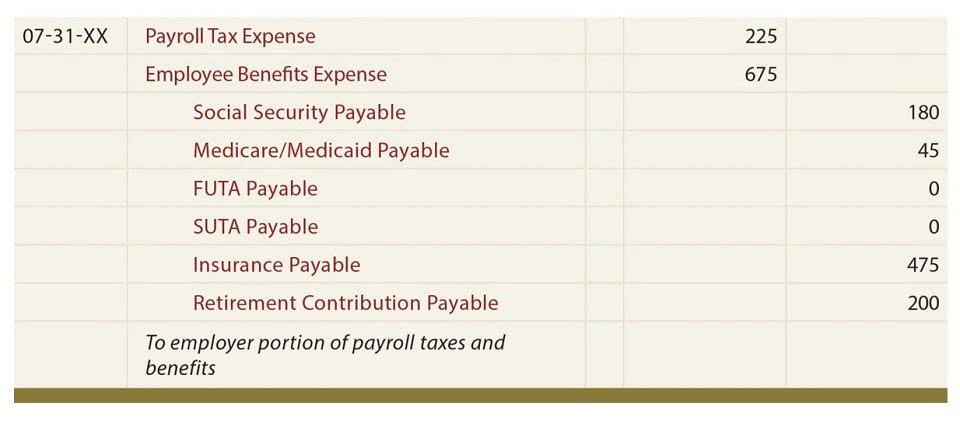Phone no: 9779851180527 or email us: info@silvercrown.com.np
Phone no: 9779851180527 or email us: info@silvercrown.com.np

Try to maintain your books daily to avoid them amassing into a burdensome pile. Make it a rule of thumb to not leave your office until you have sorted out most of the records of the day. Danielle Bauter is a writer for the Accounting division of Fit Small Business. She has owned Check Yourself, a bookkeeping and payroll service that specializes in small business, for over twenty years. She holds a Bachelor’s degree from UCLA and has served on the Board of the National Association of Women Business Owners.
Yes, you can use free general bookkeeping software like Wave for your trucking business. However, a free solution might not be enough if you have complex trucking management needs. This is where we recommend premium software like Q7 or even an integration between QuickBooks Online and RAMA Logistics Software. Additionally, Tailwind’s TMS billing truckers bookkeeping service and invoicing modules provide greater flexibility than those in other trucking-specific software. For instance, trucking companies have the flexibility to post related bills together with the invoice or post the expenses and bills separately. This allows you to customize your billing workflows based on your specific requirements.
Generally speaking, bookkeeping for trucking companies involves maintaining the general ledger with day-to-day transactions within the business. The process is routine and administrative, which does not require critical thinking. Since little training is required for small businesses to perform this function successfully, many truck drivers complete this alone. Trucking bookkeeping is crucial for managing cash flow, calculating profits, and fulfilling tax obligations. It also helps trucking businesses make informed business decisions by providing insights into key financial metrics, such as operating expenses, revenue per mile, and profit margins. Keeping up with your IFTA data is one of the most important parts of running a trucking business and one of our top trucking bookkeeping tips.
You can document trucking costs manually, but connecting your business accounts to accounting software is much easier. It can track and categorize your expenses automatically, though you may need to keep some supplemental records. Make sure you research any and all deductibles your owner operator trucking business could be eligible for.
Most of the time, you do not think to save your receipt before you throw it away. But many costs come with driving a truck, and you want to be able to deduct as many of those costs as possible when you file your taxes. Opening a separate account for your trucking business will help you save yourself from trouble. You do not need the most expensive business account as a sole proprietor. As a trucker, you know that keeping track of your finances is essential.
The more organized and thorough you can be in your receipt gathering, the better – whether you hire a business services provider or not. You can simplify the bookkeeping for your trucking company by following these 11 simple practices that will translate into higher profit with less hassle. Sure all businesses share some basic needs like keeping track of revenue and expenses, and QB can handle that well, but your trucking company has specific needs to make you successful. Whether you are using trucking accounting software or not, leaving it all to the last minute is a common mistake made by many small businesses. Leaving logging transactions, even for a small fleet, to complete right before key deadlines will create more havoc. IFTA compliance is a unique business accounting feature for trucking companies.
This is precisely where Remote Books Online steps in – as your trusted partner, we are dedicated to assisting you in navigating the intricate financial landscape of your trucking business. As an example, small business owners can expense only 50% of meal expenses, but truckers can take up to 80% of the actual cost or their per diem allowances. When in doubt, reach out to a professional versed in this type of accounting.
Furthermore, for current customers choosing to migrate to our new cloud-based ledger, we are offering a 12-month free offer. FMCSA record retention best practices or how long you need keep driver vehicle inspection reports, testing and more. We’ve even see accountants like it so much they switched all their trucking clients over to it. You can also attach your load documents where it’s logical and easy to find later. You don’t need to remember where it goes in QuickBooks, or hunt through your email.